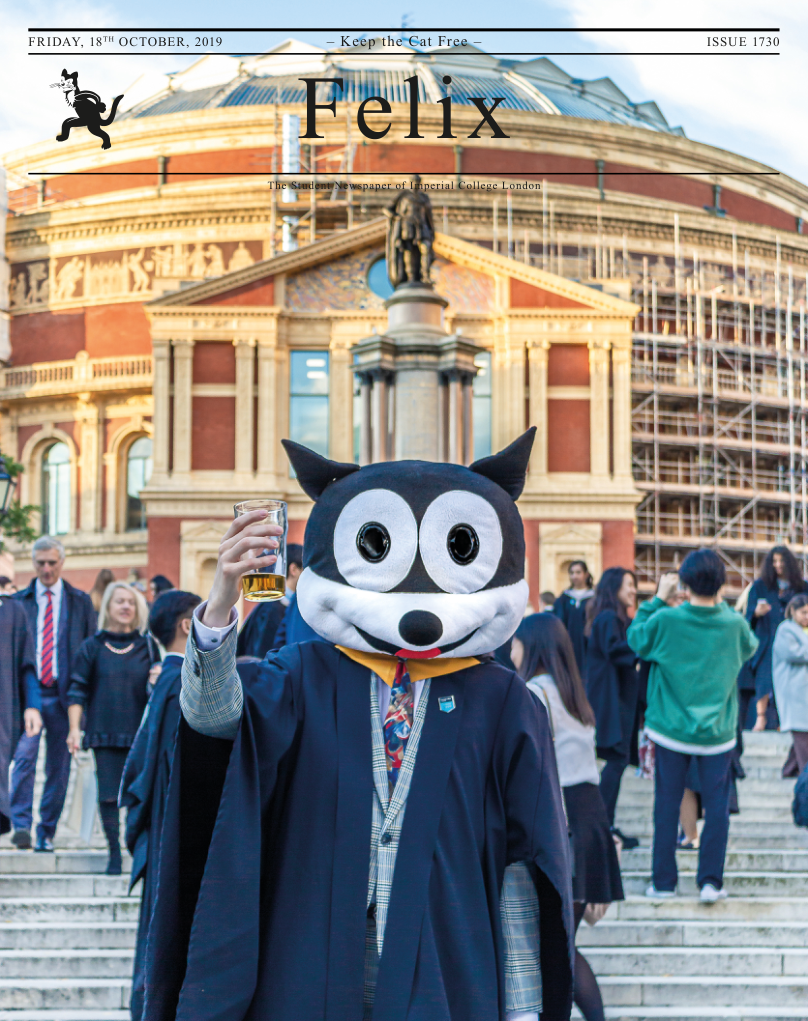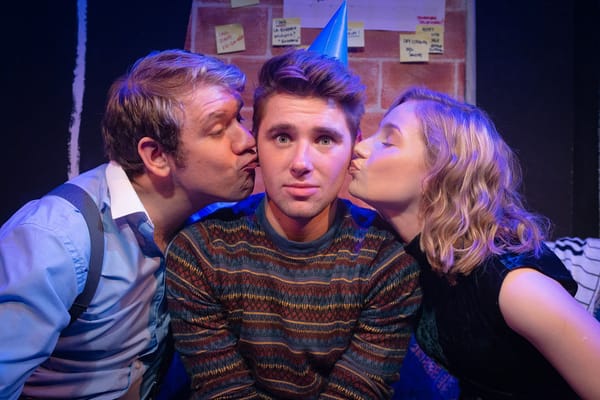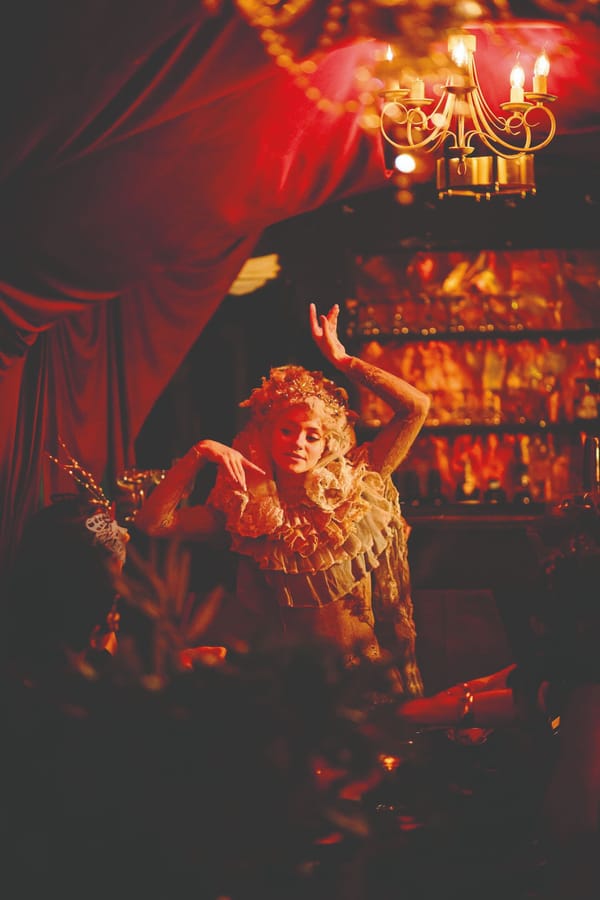The Watsons: Jane Austen Spin-off Fiction Fan Club
3.5 stars
Laura Wade set herself up for a difficult task: to finish, as a play, a novel that Jane Austen couldn’t complete. It follows the story of Emma Watson, a young woman used to a luxurious lifestyle, who finds herself dumped back home, and financially dependent on her family. Several suitors are introduced, from the local clergyman to an awkward lord and his flirtatious friend. The introduction is familiar, at least for a regular Austen reader. That’s when the original novel stops and Wade comes in. Quite literally - the character Laura, portrayed by Louise Ford, is the writer herself, transported to a fictional town in the 18th century with her modern language and electronic devices.
The play starts strongly, even before its official start. The lights are on and two characters are on stage from the moment the doors open, ignoring the chatter among the audience. Then, a rapid succession of dialogues, aided by Samuel West’s clever direction, introduce all the characters. There is a ball with music, dance and courtship, where the relationships between them become clear. These scenes are well constructed, dynamic without being confusing, and contain the exact amount of information we need to understand the world of the play.
When the source material stops is where the show falters. In a rather long and unconvincing scene, Emma Watson understands she is a character in a fictional work and goes from shock to nihilism, and then finally to rage. The news reaches the other characters, and the course of the story suffers a violent turn. They all abandon their Austenian roles and destinies to become their own persons and write their own stories - yep! It is as cliche as possible, though I concede it is funnier than one might expect. Laura, the writer, tries and fails to keep control of the story, in an obsessive pursuit of the purest Austen style - a recurrent reference in the play, which really is an extravagant homage to the great author. The contrasts between the real and fictional world, and the significant social and technological differences between the characters’ and the writer’s time periods are often the sources of comic relief. I don’t think anyone has ever described Candy Crush in such accurate detail before!
Wade’s fatal flaw is trying to touch upon too many subjects, from feminism to political legitimacy, from the sense of purpose to the struggles of the creative process. She does raise good points: her portrait of an artist’s vulnerability when creating something new is beautifully honest, and her constant urge to question the status quo, although not new, is freshly done. But everything is so fast and inconsequential that some topics are only treated superficially, and tend to fall into pseudo-intellectualism (alright - you can cite Rousseau, but what comes from that?) or inexplicable events that lack credible motives or build-ups.
In the end, this show makes for an agreeable and fun evening. It is just a pity that it doesn’t go deeper and sticks to simple comedy. Laura herself said it - ‘I like it when they clap!’







